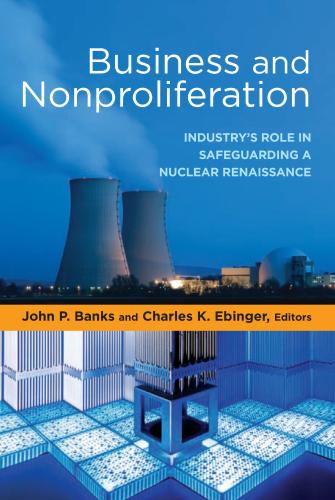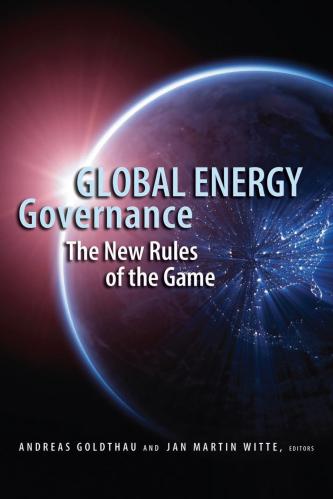This week, as the full House Energy and Commerce Committee prepares for a heated markup of a broad energy bill, several key fault lines—many of which emerged in the debate over a similar package in the Senate last week—are likely to resurface again.
One such line divides those who believe that energy security should be pursued in isolation from those who believe that energy security should not be divorced from—or achieved at the expense of—policies to mitigate climate change.
In the Senate, these differences were highlighted most dramatically in the arguments for and against expansion of a domestic coal-to-liquids industry. The coal provisions were ultimately struck from the final bill (a victory for environmentalists), but so too were measures to increase the share of renewable power used in electricity generation.
Not surprisingly, the most successful provisions—mandates to increase ethanol production to 36 billion gallons by 2022 and to raise average fuel economy for cars and light trucks to 35 miles per gallon by 2020—had the backing of both environmentalists and security hawks.
The lesson from this experience—that future policies must appeal to both groups—seems obvious enough. But for all the lofty rhetoric, these two policy agendas, as they are currently designed, do not strongly intersect. For a consensus strategy to work in the future, the concept of energy security must be significantly enlarged.
Historically, energy security has been viewed through an economic lens, one that brings into focus our heavy reliance on an increasingly tight global oil market, our growing vulnerability to externally driven movements in supply and demand and our general inability to predict geopolitical changes that drive such movements.
With this notion in mind, policies to reduce demand by improving fuel economy or to diversify supply by promoting alternatives are indeed quite sensible. By decoupling oil consumption from economic growth, these actions establish a buffer between our economy and events beyond our borders.
Of course, these policies alone will not do much to quench the rapidly increasing thirst for oil in other regions, particularly in emerging economies like China. In fact, it’s likely that our savings will simply leak abroad, meaning that global oil consumption (and prices) will remain unfavorably high.
In light of this, we must admit that our economic notion of energy security is incomplete. It does not capture, for example, the fact that authoritarianism in the Middle East flourishes when the world oil price rises and that regimes emboldened by oil are more likely than weaker ones to threaten us directly (with rogue nuclear programs, for example) or indirectly, by silencing internal voices of opposition. In short, our conventional definition of energy security fails to internalize the national security implications of an oil-driven world economy.
At the same time, it seems naive to assume that oil consumers will agree to synchronize policies when these threats are not shared uniformly.
Fortunately, there may be other ways to facilitate international cooperation. Congress has already indicated it is prepared to revisit broad climate change legislation this fall, around the same time that President Bush intends to convene a conference of major greenhouse gas emitters.
If limits on carbon dioxide emissions are designed effectively to avoid dangerous climate outcomes, these measures will automatically curb global oil consumption, because there is simply no way to achieve such reductions without confronting the oil that currently accounts for 40 percent of global emissions.
Ultimately, successful international coordination on climate change will depend on the extent of domestic support, and domestic support, in turn, will depend on the existence of a broad security-environment coalition.
Action on energy security is often viewed as the most sensible way to drive action on climate change, but in fact the opposite may be true. A serious effort to deal broadly and inclusively with our energy problems could yield security dividends far beyond what narrowly designed policies have so far been able to achieve. Now is the time to give this new strategy a serious look.
The Brookings Institution is committed to quality, independence, and impact.
We are supported by a diverse array of funders. In line with our values and policies, each Brookings publication represents the sole views of its author(s).








Commentary
Op-edParameters of Energy Security
June 28, 2007